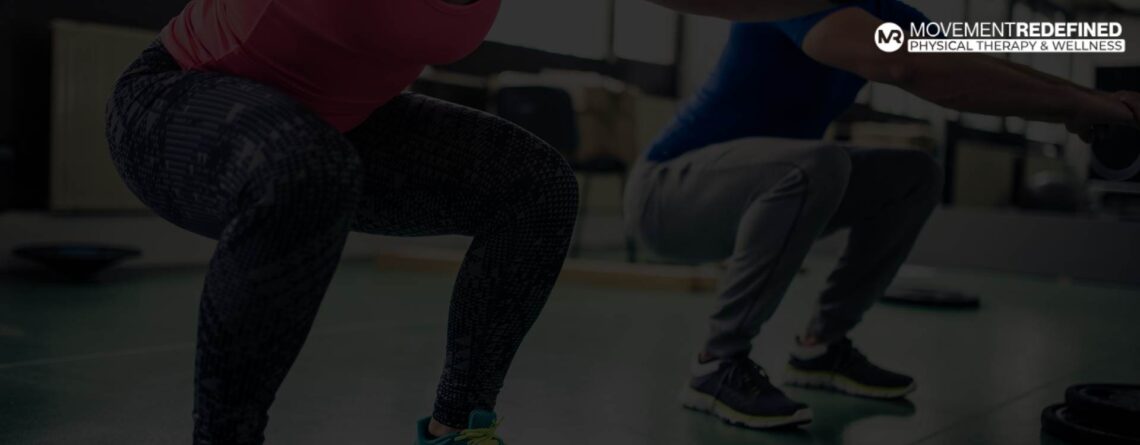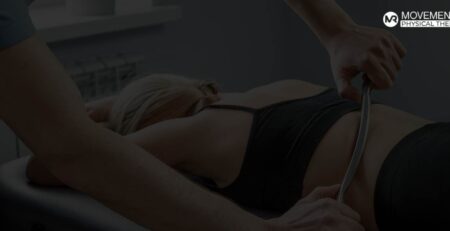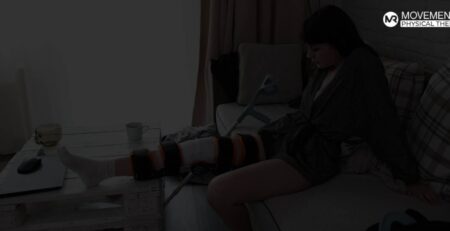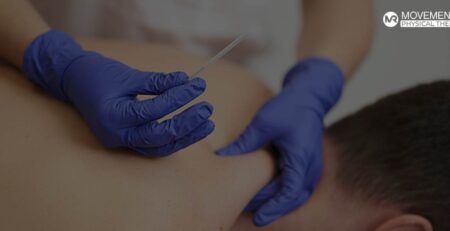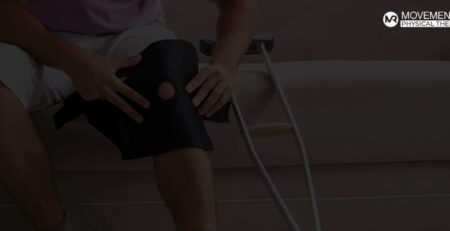Knee Pain When Squatting: Causes, Solutions, How Physical Therapy Helps
Squatting is a fundamental movement that is essential for various activities in our daily lives, from sitting down and standing up to lifting heavy objects. However, if you experience knee pain when squatting, it can be a major hindrance to your daily activities and even discourage you from pursuing your fitness goals. In this blog post, we will explore the common causes of knee pain when squatting, discuss some potential solutions, and highlight the role of physical therapy in relieving and preventing knee pain.
Understanding the Problem
Common Complaint: “My Knee Hurts When Squatting”
If you’re one of the many individuals who experience knee pain when squatting, you’re not alone. This issue is a prevalent complaint among athletes, fitness enthusiasts, and people of all ages and fitness levels. The pain can range from mild discomfort to sharp, debilitating pain, making it difficult to perform squats or other lower body exercises.
Causes of Knee Pain When Squatting
To effectively address knee pain during squats, it’s crucial to understand the potential underlying causes. Here are some common reasons why your knee might hurt when squatting:
Poor Squatting Form
- Incorrect squatting technique can place excessive stress on the knees, leading to pain and potential injury.
- Leaning too far forward, allowing your knees to move too far past your toes, or arching your back excessively can all contribute to knee pain.
Muscle Imbalances
- Weak or imbalanced muscles in the lower body, particularly the quadriceps, hamstrings, and glutes, can lead to poor stability during squats and increased knee stress.
Previous Injuries
- Past knee injuries or surgeries can result in lingering pain and discomfort during squats.
- Conditions like ligament tears, meniscus injuries, or patellofemoral pain syndrome can all affect squatting ability.
Overuse or Overtraining
- Performing squats too frequently or with excessive intensity without allowing proper recovery can lead to overuse injuries in the knees.
Arthritis or Degeneration
- Conditions like osteoarthritis can cause the cartilage in the knee joint to wear down, resulting in pain and discomfort during squatting movements.
Solutions for Knee Pain When Squatting
Improve Squatting Technique
One of the most effective ways to reduce knee pain during squats is to ensure proper form. Here are some tips for improving your squat technique:
- Keep your chest up and your back straight throughout the movement.
- Ensure your knees track over your toes without excessively extending forward.
- Engage your core and maintain a neutral spine.
- Practice with lighter weights to perfect your form before adding more resistance.
Strengthen the Supporting Muscles
Addressing muscle imbalances and weaknesses in the lower body can significantly reduce knee pain during squats. Targeted exercises to strengthen the quadriceps, hamstrings, glutes, and calves can help improve stability and reduce stress on the knee joint.
Proper Warm-Up and Mobility
A thorough warm-up and mobility routine can prepare your joints and muscles for squatting. Dynamic stretches and foam rolling can help increase blood flow and flexibility, reducing the risk of knee pain.
Reduce Training Volume and Intensity
If you suspect that overtraining or overuse is causing your knee pain, consider reducing the frequency and intensity of your squatting workouts. Allow your body ample time to recover between sessions to prevent further strain on your knees.
Supportive Gear
Using proper footwear and knee sleeves can provide additional support to your knees during squats, reducing the risk of pain and injury.
The Role of Physical Therapy for Knee Pain
How Can Physical Therapy Help?
When knee pain during squats persists despite your best efforts to address the issue, seeking the expertise of a physical therapist is a wise decision. Physical therapy plays a crucial role in diagnosing the root causes of your knee pain and developing a tailored treatment plan to address them. Here’s how a physical therapist can help:
- Assessment and Evaluation: A physical therapist will conduct a comprehensive assessment to identify muscle imbalances, joint issues, and any underlying conditions contributing to your knee pain.
- Individualized Treatment Plan: Based on the assessment, your physical therapist will create a personalized treatment plan that may include exercises, manual therapy, and other modalities to alleviate pain and improve function.
- Corrective Exercises: Physical therapists will prescribe specific exercises to target muscle weaknesses and imbalances, helping you regain strength and stability in your lower body.
- Manual Therapy: Hands-on techniques such as joint mobilization and soft tissue manipulation can help improve joint mobility and reduce pain.
- Education and Prevention: Physical therapists will educate you on proper squatting techniques, injury prevention strategies, and home exercises to maintain your progress.
The Benefits of Choosing Movement Redefined Physical Therapy and Wellness
At Movement Redefined Physical Therapy and Wellness, we are dedicated to helping you overcome knee pain when squatting and achieve your fitness and mobility goals. Our experienced team of physical therapists specializes in treating a wide range of musculoskeletal conditions, including knee pain. Here’s why you should choose us:
- Personalized Care: We understand that every individual is unique, and our treatment plans are tailored to your specific needs and goals.
- Experienced Professionals: Our team consists of highly trained and experienced physical therapists who stay up-to-date with the latest advancements in the field.
- Comprehensive Approach: We take a holistic approach to rehabilitation, addressing not only the symptoms but also the underlying causes of knee pain.
- State-of-the-Art Facilities: Our modern facilities are equipped with the latest technology and equipment to provide you with the best possible care.
How Physical Therapy Can Help: Conclusion
Knee pain when squatting can be a frustrating and limiting issue, but it doesn’t have to be a permanent barrier to your fitness and daily activities. By addressing the underlying causes, improving your technique, and seeking professional help when needed, you can overcome knee pain and regain the ability to perform squats safely and pain-free. At Movement Redefined Physical Therapy and Wellness, our dedicated team of physical therapists is here to support you on your journey to recovery. Don’t let knee pain hold you back – take the first step towards a pain-free and active life by scheduling a consultation with us today. Together, we can redefine your movement and help you achieve your health and fitness goals.
